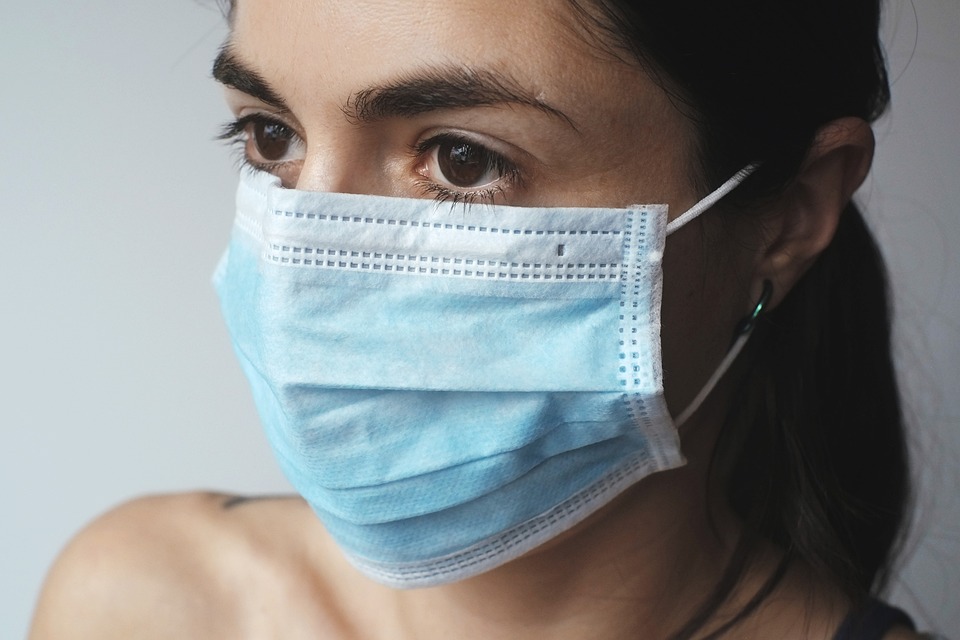Herpes outbreak relief is something many people seek, yet few understand fully. If you’re one of the countless individuals navigating the emotional and physical challenges of herpes, you’re not alone. This article is here to provide you with practical, proven tips that can help ease your discomfort and reclaim your sense of well-being.
Contents
Understanding Herpes: What You Need to Know
Herpes is a viral infection caused primarily by two types of the herpes simplex virus (HSV-1 and HSV-2). It’s more common than you might think; approximately one in six people between the ages of 14 and 49 in the United States have genital herpes. The stigma surrounding it can feel heavy, but remember: it’s a medical condition, not a defining characteristic of who you are.
When you experience an outbreak, it can be uncomfortable, painful, and emotionally draining. The good news? Relief is within reach. Let’s dive into seven proven tips for herpes outbreak relief that you need now.
1. Stay Hydrated
One of the first steps in managing a herpes outbreak is ensuring your body is well-hydrated. When your body is hydrated, it helps your immune system function optimally, potentially speeding up recovery.
- Drink plenty of water daily. Aim for at least 8 glasses.
- Consider herbal teas like chamomile or peppermint, known for their soothing properties.
Hydration is not just about water; it’s also about your overall well-being. Fruits and vegetables with high water content—like cucumbers and watermelon—are a great addition to your diet.
2. Apply Cool Compresses
When discomfort strikes, a cool compress can be your best friend. This simple technique can help reduce swelling and ease itching.
- Use a clean cloth dampened with cold water or ice wrapped in a towel.
- Apply it directly to the affected area for 10-15 minutes.
This method provides immediate relief and can be repeated several times a day. It’s a small act with big benefits.
3. Explore Over-the-Counter Remedies
Don’t underestimate the power of over-the-counter (OTC) medications. Certain products can help alleviate the symptoms associated with herpes outbreaks.
- Topical creams like lidocaine can numb pain.
- Aloe vera gel is renowned for its soothing properties.
Before trying any new medication, it’s wise to consult with your healthcare provider. They can guide you on the best options tailored to your needs.
If you find yourself frequently battling outbreaks, it may be worth discussing antiviral medications with your doctor. Drugs like acyclovir, valacyclovir, and famciclovir can reduce the severity and duration of outbreaks.
- Daily suppressive therapy can significantly lower the frequency of outbreaks.
- It can also reduce the risk of transmission to partners, making it a smart choice for many.
Always speak with a healthcare professional about what’s right for you. Having a trusted ally in your health journey can make all the difference.
5. Manage Stress Effectively
Stress is a known trigger for herpes outbreaks. Learning to manage it effectively can help you minimize flare-ups.
- Practice mindfulness or meditation. Just a few minutes a day can clear your mind.
- Engage in regular exercise. It’s a powerful way to release pent-up stress and boost your mood.
Remember, taking time for yourself is not selfish; it’s essential. Prioritize self-care, and you’ll likely notice a reduction in outbreaks.
6. Adopt a Healthy Diet
Your diet plays a crucial role in your immune system’s strength. A well-balanced diet rich in vitamins and minerals can help your body combat the herpes virus.
- Incorporate foods high in lysine, such as yogurt, fish, and legumes. Lysine can inhibit the growth of the herpes virus.
- Avoid foods high in arginine, like chocolate and nuts, as they may trigger outbreaks in some people.
Opt for a colorful plate filled with fruits, vegetables, lean proteins, and whole grains. Your body will thank you for it.
7. Communicate with Your Partner
Having open and honest conversations with your partner about herpes is crucial. It fosters understanding and support, which can alleviate emotional stress.
- Share your feelings about outbreaks and how they affect you.
- Discuss preventive measures together, such as using condoms or antiviral medication.
Building a transparent relationship can strengthen your bond and make navigating herpes easier.
Emotional Support: You’re Not Alone
Living with herpes can feel isolating, but it doesn’t have to be. Consider joining support groups where you can share experiences and find solace with others who understand. Websites like the American Sexual Health Association offer resources and community connections.
Bottom Line
Managing herpes outbreaks doesn’t have to be a solo journey. By implementing these 7 proven tips for herpes outbreak relief, you can take control and find comfort. Remember, hydration, cool compresses, OTC remedies, antiviral medications, stress management, a healthy diet, and open communication are all your allies.
You deserve to feel empowered and supported in your health journey. Take these steps, and reclaim your life.
FAQs
Q: Can stress really trigger an outbreak?
A: Yes, stress is a known trigger for many people living with herpes. Managing stress is crucial for prevention.
Q: How do I know if I should try antiviral medication?
A: Consult your healthcare provider. They can assess your situation and recommend the best course of action.
Q: Is it safe to have intimate relations while experiencing an outbreak?
A: It’s best to avoid intimate contact during an outbreak to reduce the risk of transmission.
By embracing these tips and nurturing your body and mind, you can take charge of your health and well-being. You’re stronger than you think.








